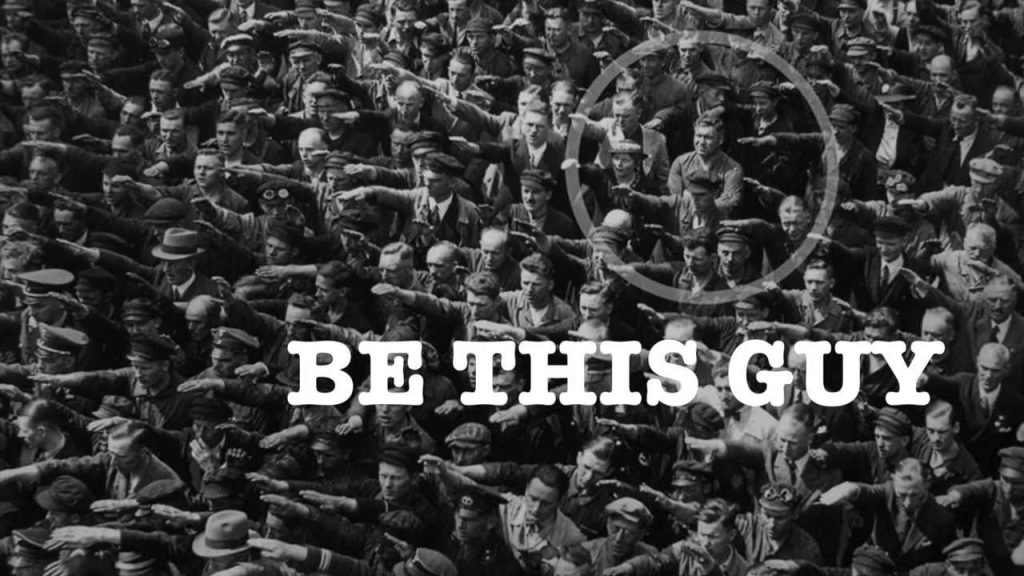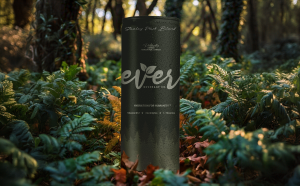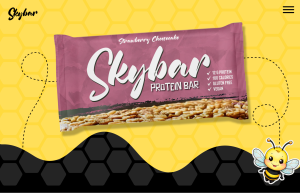
Building a brand involves answering key questions that help define its identity, values, and strategy. Here are ten essential questions to guide the process:
1. Who is our target audience?
Understanding your audience is crucial. You need to know who they are, what they care about, and how they interact with brands.
- What are their demographics (age, gender, location, income, etc.)?
- What are their psychographics (interests, values, lifestyle, etc.)?
- What are their pain points and needs?
2. What is our brand purpose?
Your brand purpose defines why your brand exists beyond making a profit. It’s the fundamental reason for your brand’s existence.
- What problem are we solving for our customers?
- What change do we want to bring to the industry or community?
3. What are our brand values?
Brand values are the principles and beliefs that guide your brand’s actions and decision-making.
- What principles are most important to us?
- How do we want to be perceived by our customers and community?
4. What is our brand mission?
A brand mission statement clearly articulates your brand’s goals and how you plan to achieve them.
- What are our short-term and long-term objectives?
- How do we plan to make a difference?
5. What is our brand vision?
Your brand vision is a long-term aspiration for what your brand wants to become or achieve in the future.
- Where do we see our brand in five or ten years?
- What impact do we want to have on our industry or society?
6. What is our unique selling proposition (USP)?
Your USP is what sets your brand apart from competitors and makes it unique.
- What makes our product or service unique?
- Why should customers choose us over competitors?
7. What is our brand personality?
Brand personality refers to the human characteristics associated with your brand.
- What traits and characteristics best represent our brand?
- How do we want to be perceived by our audience (e.g., friendly, professional, innovative)?
8. What is our brand voice and tone?
Brand voice and tone define how your brand communicates with its audience across all channels.
- What style of communication best fits our brand (e.g., formal, casual, playful)?
- How should our brand sound in different contexts (e.g., social media, customer service, advertising)?
9. What are our key brand messages?
Key messages are the main points you want to communicate to your audience about your brand.
- What are the top three things we want customers to know about our brand?
- How can we consistently convey these messages across different platforms?
10. How will we measure brand success?
Defining metrics and KPIs (Key Performance Indicators) helps you measure the effectiveness of your branding efforts.
- What metrics will we use to track brand awareness, engagement, and loyalty?
- How will we gather and analyze feedback from customers to continuously improve our brand?
By answering these questions, you can develop a comprehensive and cohesive brand strategy that effectively communicates your brand’s identity and resonates with your target audience.
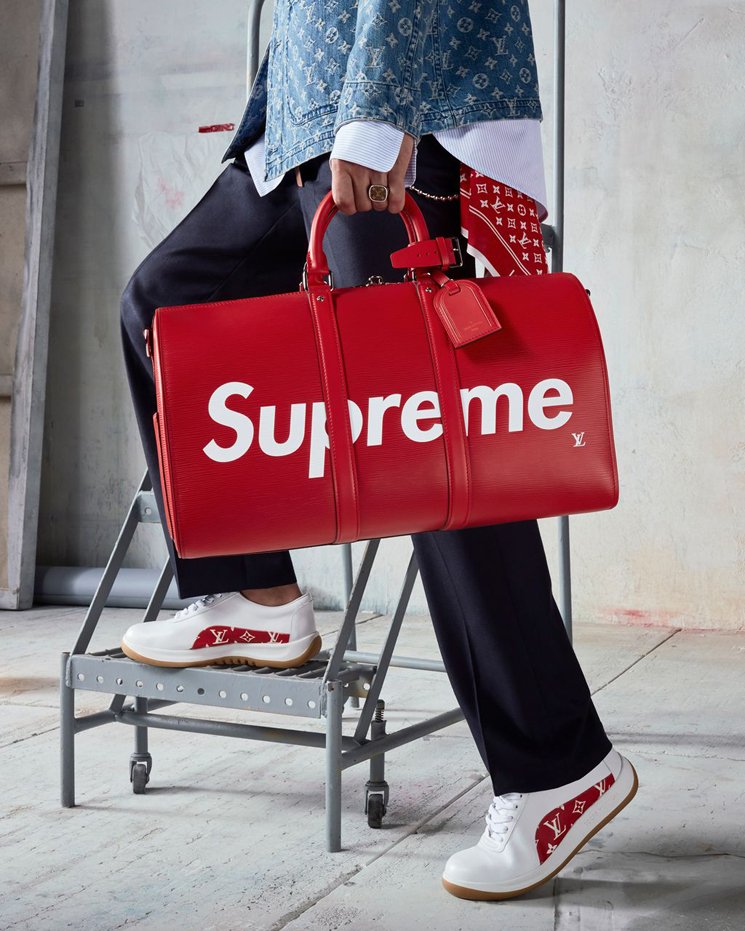

If you follow us on social or read our blog, you may have noticed that we talk A LOT about the branding, the importance of branding, how branding is like gravity, how you either have a commodity or a brand…
We also talk a lot about storytelling marketing – in fact we have an entire page dedicated to it as it’s one of our core services. We go on at length about why brands need to tell stories (so that consumers can align their values to the brands they support), and dispelling the myths about storytelling marketing.
We talk about how consumers don’t buy products, they join tribes.
Continue reading:
If You’re Not Disrupting, You’re Standing Still
- Related post: The T-Shirt Theory of Branding
- Related post: The Power of Branding: John’s Family Premium Organic Garlic
- Related post: Why You Don’t Want to Run a Business that Relies Solely on Ads

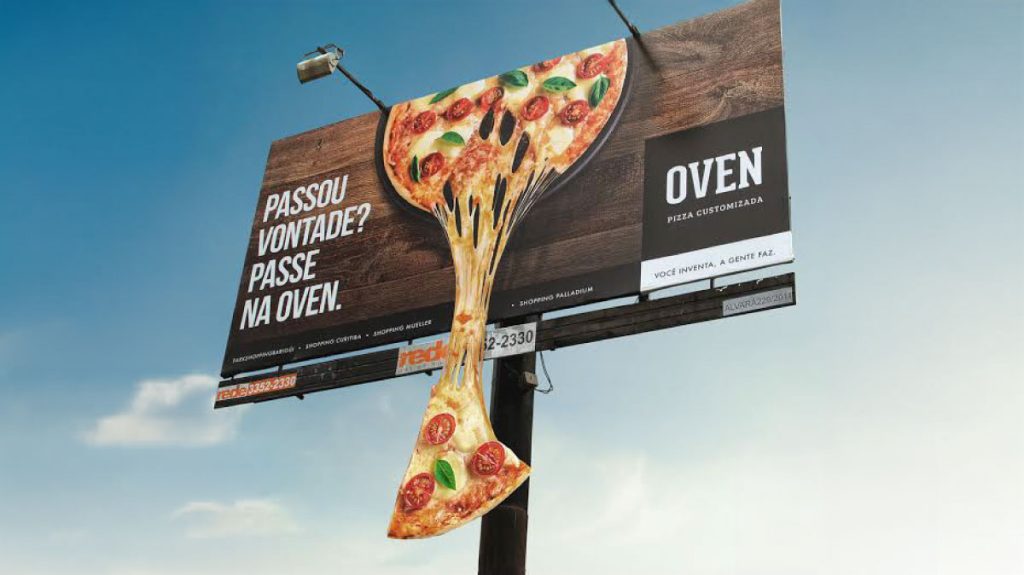
Continue reading: What’s the ROI of a Billboard

